#Subsidies
Opinion: Stop Subsidizing Electric Vehicle Programs
Hoping to increase the United States’ electric vehicle charging infrastructure, the White House has announced $623 million in grants to build more charging stations. This plays into the Biden administration's goal of having 500,000 public chargers in the U.S., and see 50 percent of all new vehicle sales become electric, by 2030. However, the federal government has already poured billions into the cause and it’s looking like an incredible waste of money during a period where citizens are growing increasingly concerned about the economy.
Report: Dealers Worried About Getting EV Refunds From the Government
Nobody likes bureaucratic red tape or waiting on payment and this seems to have become a sticking point for retailers nervously waiting to see how the United States’ updated EV tax credit scheme plays out.
According to a report from Automotive News, dealers are getting worked up about the prospect of not receiving money swiftly enough — mimicking some of the hardships endured during the Cash-for-Clunkers period.
Report: Volkswagen Attempts to Create Subsidy Bidding War
Volkswagen is reportedly pausing plans to build a battery plant in Eastern Europe so it can prioritize construction in the United States. Though the situation could be more accurately described as VW notifying EU officials that the U.S. is offering an estimated €10 billion in US incentives as part of the Biden administration’s Inflation Reduction Act (IRA).
It’s not the first time something like this has happened. Volkswagen similarly delayed decisions on where to build a battery plant in December of 2022, telling EU leadership that the Czech Republic, Hungary, Poland, and Slovakia all looked good – but that it wanted to consider its options. This time around, it’s being a little clearer by stating that the U.S. is offering sweeter subsidies and tax incentives than what’s available to Europe.
U.S. Treasury Stalls EV Tax Credit Guidance
On Monday, the United States Treasury Department said it will issue proposed guidance for the updated EV tax credit scheme in March of 2023. However, the Inflation Reduction Act (H.R. 5376) directed the department to finalize its recommendations before 2022 was over by setting a December 31st deadline. While it sounds like bad news for automakers, the delay may actually work to their advantage by delaying new mineral and battery component requirements that may have made vehicles using foreign-sourced batteries ineligible.
Japan Issues Warning, Asks U.S. for Flexible EV Tax Credit Scheme
Over the weekend, the Japanese government issued a formal complaint suggesting that the United States’ updated tax credit scheme for electric vehicles could prohibit future investments from the Land of the Rising Sun. Complaints were reportedly directed to the Treasury Department and revolved around the Biden administration’s Inflation Reduction Act and how it seemed at odds with previous efforts to build trade between America and Japan. But things are always a bit more complicated than that and we cannot overstate the relevance of Japanese auto lobbying groups that want the most favorable regulatory terms they can negotiate.
U.S. Senate Preps More Money for Auto Industry
Senate Democrats have settled on how to funnel more money into the automotive sector using all-electric vehicles and environmentalism. Majority Leader Chuck Schumer and West Virginia's Joe Manchin have reportedly agreed on a proposal that would expand the $7,500 tax credit for EVs while also introducing a new $4,000 subsidy for used models.
But that's just to kick things off. The legislative package is likewise said to include $369 billion that's been earmarked for climate and energy spending. For automakers, that means massive financial help from the government whenever they want to convert their existing factories into the kind that build all-electric vehicles. Though it may not be limited to EVs, as the updated language now makes fuel cell vehicles similarly eligible for the proposed industry subsidization.
Gas War: Automakers Continue Begging Government for EV Incentives
On Monday, General Motors, Ford, Stellantis, and Toyota Motor North America reportedly asked the United States Congress to lift the existing cap on the $7,500 federal tax credit for electric vehicles. Though automakers petitioning the government for free money is hardly new business.
Study Claims EV Charging Reliability Is a Problem
Researchers with the University of California, Berkeley, are pouring cold water of the premise that electric vehicle charging stations will require less maintenance than traditional fueling solutions. The study, which examined 657 individual connectors between 181 public fast-charging stations in the San Francisco Bay area found that about 23 percent were nonfunctional.
That seems quite a bit higher than the number of fuel pumps that might be down at any given station, though the pertinent question is why those EV charging points were inoperable.
Biden Administration Meets With Auto Execs, Including Elon Musk
The Biden administration held another meeting with automotive executives about how to ensure electric vehicles go mainstream. But this time it included Elon Musk, who runs the most successful EV brand in the entire world.
After taking criticism for shunning the Tesla CEO in earlier meetings, senior officials held an event on Wednesday where he and other industry leaders could contribute as to how the United States should handle a national charging infrastructure and spur adoption rates. Despite Musk having often expressed a dissenting opinion in regard to President Biden’s strategy, the White House said that the meeting was productive and resulted in a “broad consensus that charging stations and vehicles need to be interoperable and provide a seamless user experience, no matter what car you drive or where you charge your EV.”
Opinion: EVs Should Not Get More Government Incentives
The current $7,500 Federal electric vehicle tax incentive could get a boost to $12,500 if the “Clean Energy for America” bill ever makes its way to reality – but it’s absolutely the wrong way to go, in my opinion. And, I know – “Who cares what Jo thinks about EV incentives,” right? Right –except that very, very few people in the industry have as much “green cred” as I do, so maybe you’ll want to give this one a read.
Correct: Honda Says Senate Tying EV Subsidies to Unions Discriminatory
Despite regulatory efforts often being praised as essential for elevating standards and promoting safety, they’re also an excellent way to funnel money and favors between political and corporate entities in plain sight. This dichotomy is particularly glaring in regard to environmental restrictions, which frequently favor businesses that are wealthy enough to afford to adhere to them and subsidies that effectively reroute tax funding to support various industries.
Considering this, it’s fairly rare to see bigger businesses griping about government assistance. But that’s exactly what Honda is doing with a proposal in Congress seeking to provide additional EV subsidies to consumers that buy vehicles manufactured by union-backed plants. The manufacturer has stated it believes the Clean Energy for America Act is discriminatory by favoring specific automakers and will ultimately restrict the choices available to consumers – which is true.
Senate Finance Committee Approves $12,500 EV Tax Credit Bill
On Wednesday, the Senate Finance Committee advanced the Clean Energy for America Act making a few tweaks from earlier proposals. Changes include raising the federal EV tax rebate ceiling to $12,500 and opening the door for automakers who already exhausted their production quotas.
It’s good news for General Motors, which recently begged the government for just such a handout. But any manufacturer participating in the sale of electric vehicles will find themselves similarly blessed by the updated rules — assuming they make it through the halls of Capitol Hill with the necessary support.
Let’s take a peek behind the curtain to see what the updated proposal entails.
Biden Planning to Pour $100 Billion Worth Of Rebates Onto EVs
The Biden administration expanded on its $174 billion proposal to boost electric vehicle sales on Thursday, suggesting that the United States government make it rain money on those purchasing EVs.
Technically a part of the $2.3 trillion infrastructure plan, which has been expanded to include jobs and numerous environmental projects, the proposal makes a lot of special exemptions for alternative energy vehicles backed by large financial commitments. $100 billion will be set aside for new consumer rebates, potentially opening up the door for manufacturers that have already exhausted their quota of federal tax credits linked to zero-emission cars.
Automotive Industry Begs U.S. Government for Money
With President Biden planning to announce an infrastructure proposal that could easily exceed $2 trillion, the automotive industry has come to the realization that some of that money could be used to make its job easier. Following Tesla’s attempt at charming the federal government into making carbon credits more valuable, automotive lobbies, supplier groups, and the United Auto Workers (UAW) union have issued a joint letter asking for financial assistance.
Addressed to the president and congress, the document makes numerous requests for help with electric vehicle adoption rates. Industry groups would like to see Biden sign onto significant government tax incentives and subsidies for both buying and manufacturing electric vehicles. But this isn’t limited to passenger cars, they also want tax dollars used to help offset the prices corporations pay on commercial EVs intended for fleet use. Government grants would likewise be set aside for organizations that retool facilities for electric cars, while federal entities make a vow to buy up new fleets that aren’t reliant on liquid fuel.
European Auto Lobby Demands More EV Charging Stations for Hundredth Time
The European Automobile Manufacturers’ Association (ACEA) is demanding the EU install more electric vehicle charging stations in a letter co-signed with Transport & Environment (T&E) and the European Consumer Organization (BEUC). This marks the hundredth time (rough estimate) an auto lobbying entity has tried to pressure the government into spending a fortune to drastically alter the European infrastructure to support the planned glut of EVs.
But it might be a fair request. Regulatory actions have effectively forced the industry into a corner and it now seems giddy at the prospect of an electrified world. The only real downside is that the charging infrastructure and power grids aren’t ready. ACEA estimates that the EU will need to build one million public charging points by 2024, with hopes of seeing three million installed before 2030.
Let’s see how feasible that is before it’s tried in our neck of the woods.



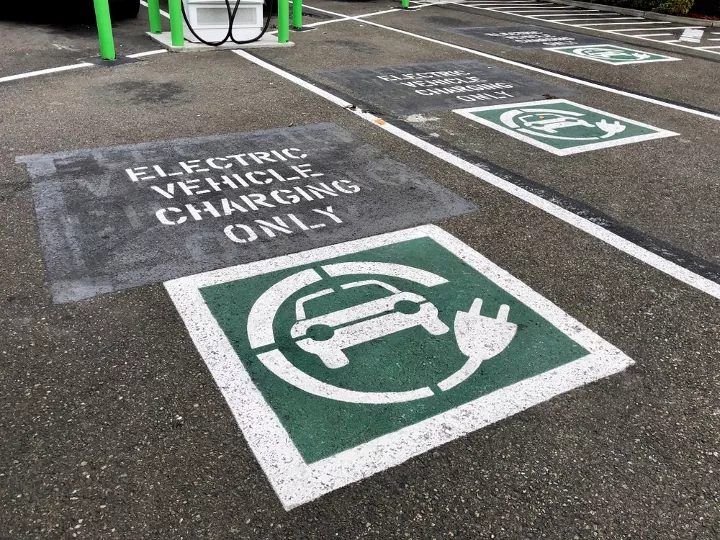
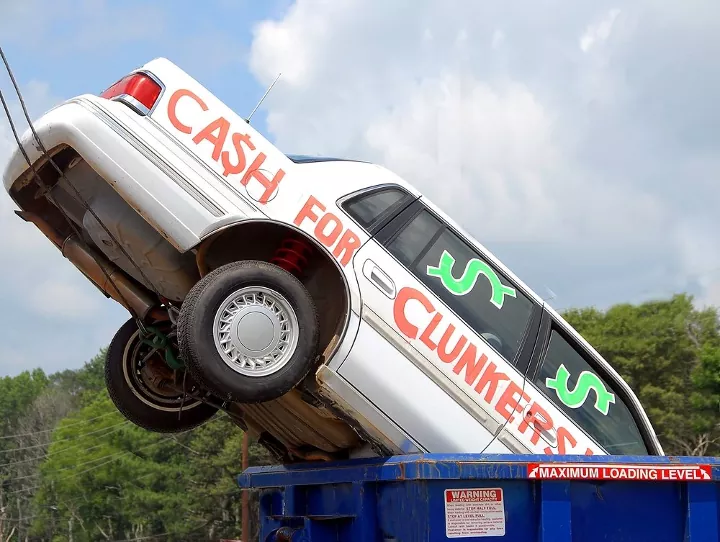

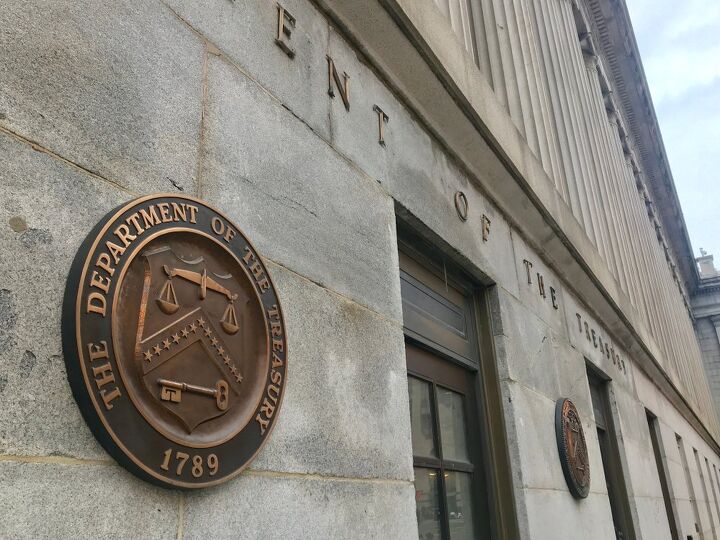

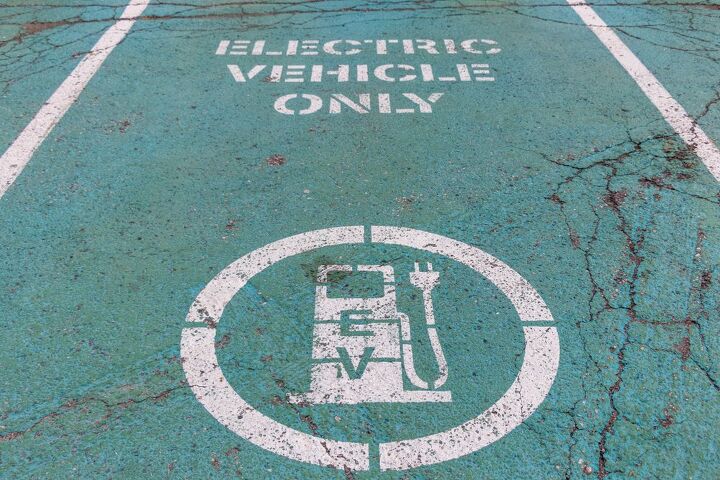



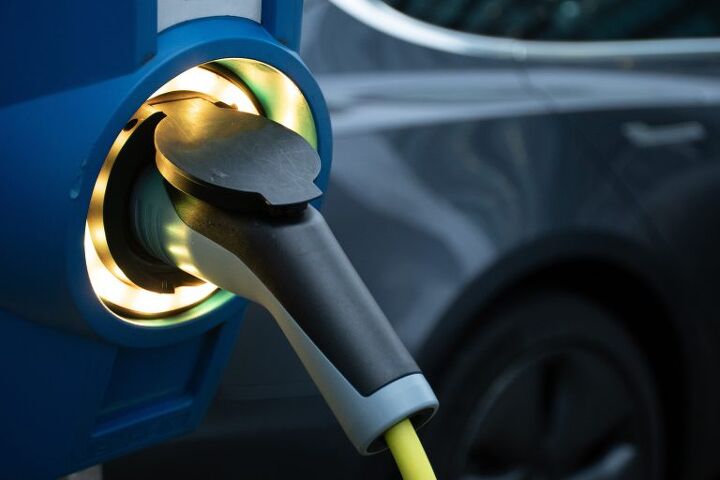
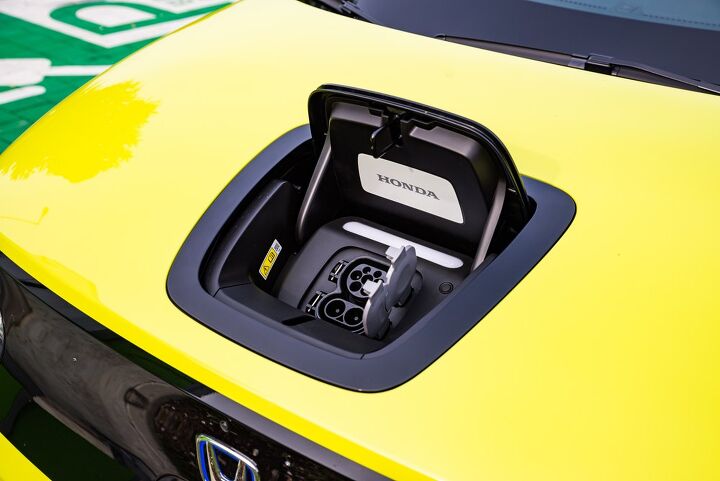


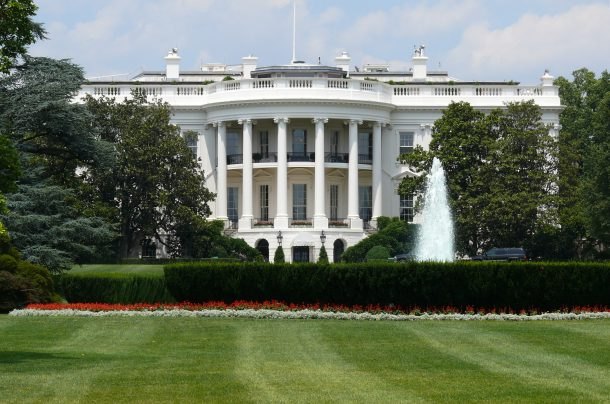













Recent Comments